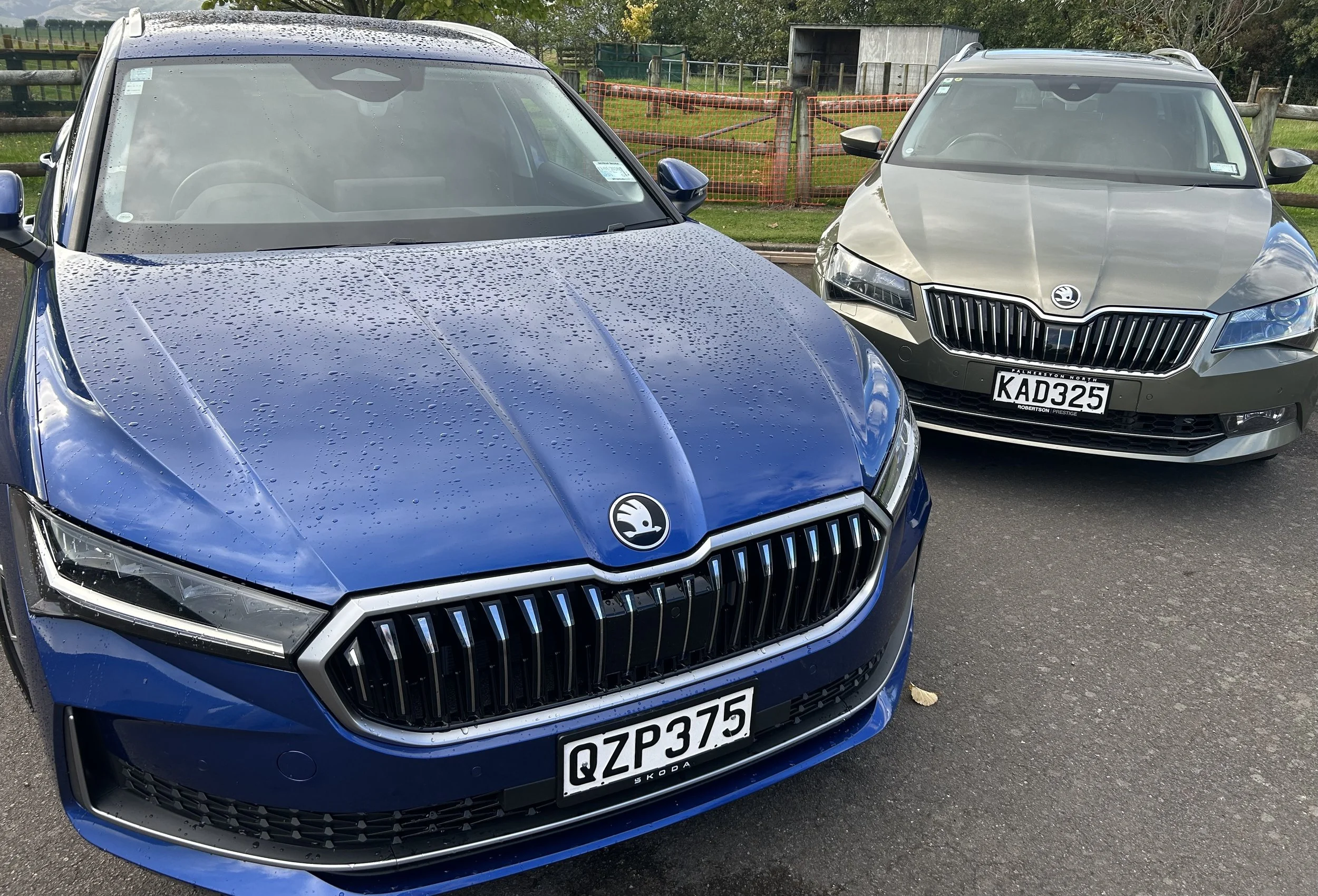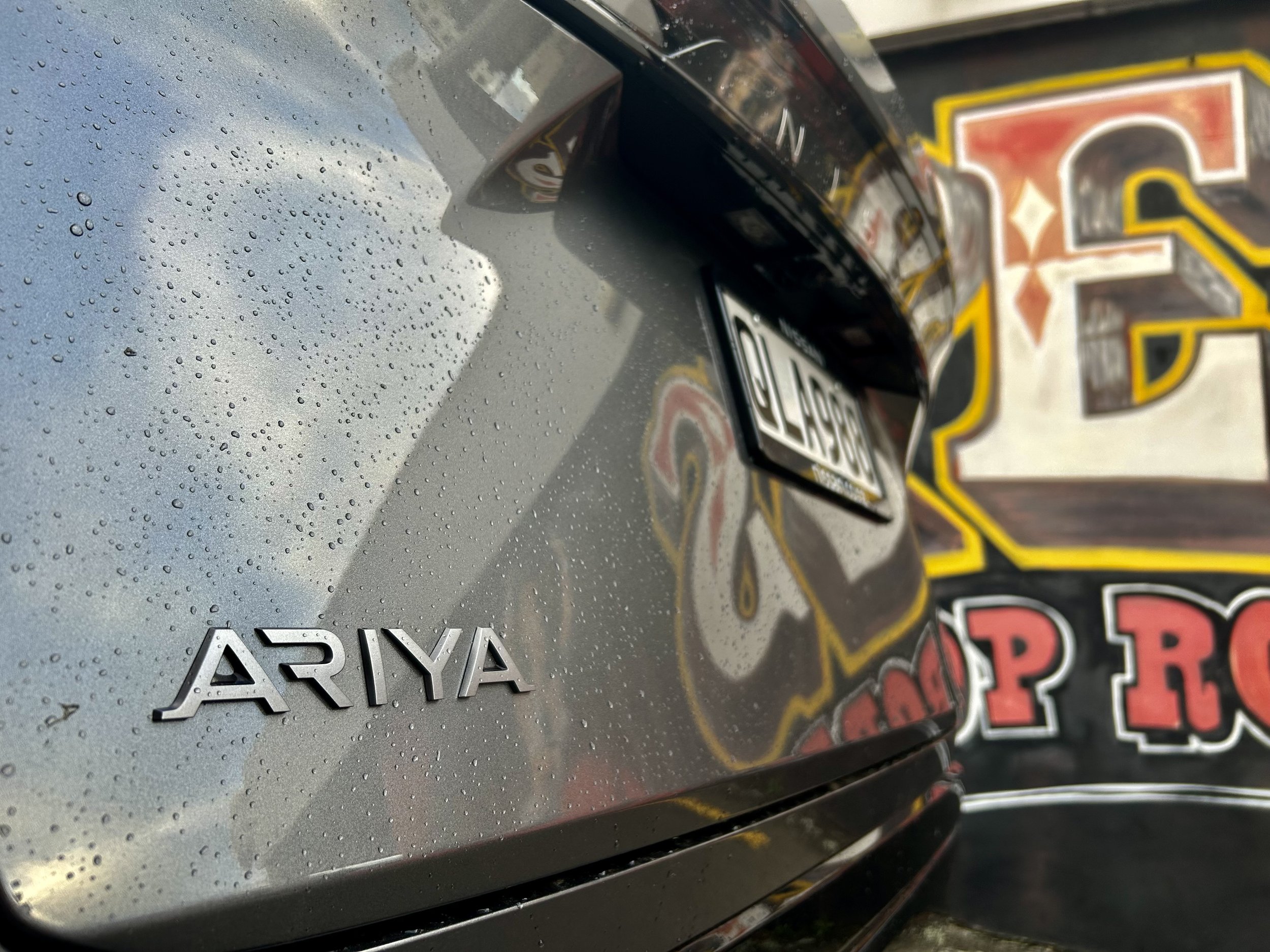Budget BMW electric a 2024 arrival
/Edition cited as strongest Clean Car candidate might arrive after assistance is axed.
EARLY next year has been given as the probable launch time for a small fully electric BMW crossover has cited as a best chance contender for a rebate that could well be gone within 10 weeks.
The future of the Clean Car rebate that BMW NZ has admitted would be a useful tool in its already strong electric car sales drive depends on the outcome of next month’s General Election.
The incumbent Labour Government is keen to keep it - but the challenging National Party opposition wants it gone and says, if elected, that will happen before Christmas.
BMW confirmed in May it was seeking the iX eDrive20, the electric version of its cheapest petrol car, the $72,400 X1 sDrive18i.
This week the Auckland-based brand announced it expects to have iX eDrive20 stock in country early next year.
Final specifications and price are yet to be confirmed, but BMW has previously expressed interest in availing it for less than $80,000, the cut off for the Clean Car subsidy.
The only BMW that has previously that price range is the small i3 hatchback, which was a $74,300 offer until being curtailed several years ago.
BMW already an electric X1 variant here, the iX1 xDrive30, but that is a high-specification, more powerful type that retails from $98,900.
Outputs of 150kW - versus 230kW for the xDrive30 - and 247Nm are cited for the iX eDrive20, with a 0-100kmh time of 8.6 seconds. The drivetrain’s top speed is electronically limited to 170kmh.
A range of up to 475 kilometres is cited, though BMW reminds this is a provisional value according to the WLTP test.
By comparison, the X1 sDrive18i has a 1.5-litre three cylinder petrol engine developing 103kW and 220Nm, with a combined economy of 7.2 litres per 100km.
In July BMW NZ boss Adam Shaver pointed out that sales of his brand’s electric products behind the BMW and Mini badges have accelerated this year, with an end-of-June tally of 312 regulations leaving him confident last year’s total count of 366 BEVs will be easily exceeded.
That performance meant one in every four BMW-made cars sold this year to that point were battery-compelled; the same rate of interest that Kiwis have in the marque’s specialist M-badged product. NZ M sales are globally the second-highest per capita.




















